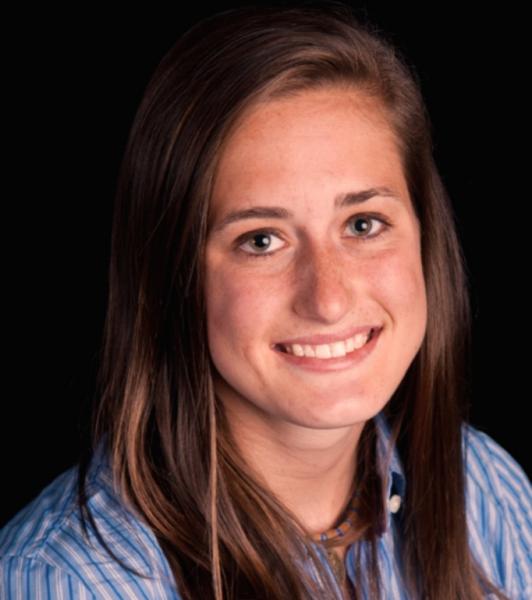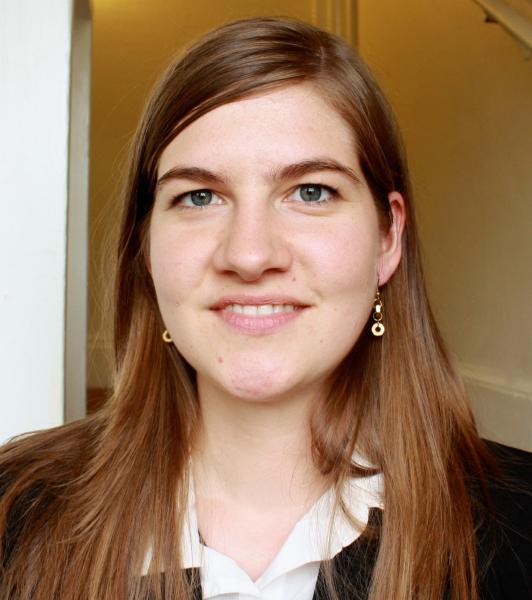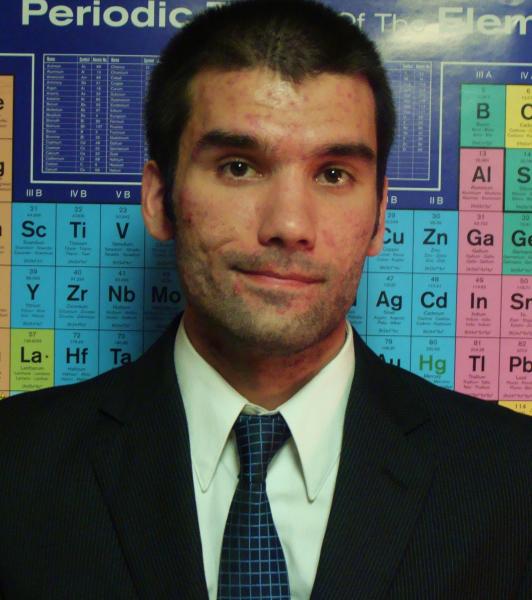Thanks to the generous award from The Roche Foundation and matching funding from the Oregon Chapter, three scholars pursuing their PhDs in the life sciences will receive $18,000 in unrestricted grants over three years. Chapter President Aletha Anderson expressed her enthusiasm, commenting, “We are thrilled to leverage our ability to support scholars by participating in the partnership with one of the oldest charitable foundations in the U.S. which focuses on health promotion as well as science and math education.” The Roche/ARCS Scholars are among the 57 ARCS Scholars currently receiving ARCS Oregon funding.
Two Roche/ARCS scholars study at Oregon Health & Science University in Portland.
 Holly Corbitt is researching one of the major consequences of Down syndrome: congenital heart defects. Through whole exome sequencing, she has identified 48 genetic variants that could account for the increased risk of atrioventricular septal defects in children with Downs syndrome. “The challenge facing us in biology today is to make sense of the vast amounts of information that we have. My goal is to develop ways to meet this challenge by improving bioinformatic pipelines and by curating meaningful visual representations of data,” notes Holly.
Holly Corbitt is researching one of the major consequences of Down syndrome: congenital heart defects. Through whole exome sequencing, she has identified 48 genetic variants that could account for the increased risk of atrioventricular septal defects in children with Downs syndrome. “The challenge facing us in biology today is to make sense of the vast amounts of information that we have. My goal is to develop ways to meet this challenge by improving bioinformatic pipelines and by curating meaningful visual representations of data,” notes Holly.
 Amy Williams is exploring maladaptive learning that underlies disorders such as post-traumatic stress disorder and addiction. Specifically, she is working on an improved mouse model of PTSD. Most labs utilize a paradigm of classical conditioning that does not capture the human experience of PTSD that has more than one form, such that a PTSD patient can be exposed to a trauma once (shooting victims) or multiple times (combat veterans). Amy writes, “ I am exploring how multiple exposures to a feared stimuli differ from a singular exposure and what neural correlates are involved. I also plan to study how alcohol use during intervening exposures to trauma alters the effects of the second exposure.”
Amy Williams is exploring maladaptive learning that underlies disorders such as post-traumatic stress disorder and addiction. Specifically, she is working on an improved mouse model of PTSD. Most labs utilize a paradigm of classical conditioning that does not capture the human experience of PTSD that has more than one form, such that a PTSD patient can be exposed to a trauma once (shooting victims) or multiple times (combat veterans). Amy writes, “ I am exploring how multiple exposures to a feared stimuli differ from a singular exposure and what neural correlates are involved. I also plan to study how alcohol use during intervening exposures to trauma alters the effects of the second exposure.”
Our third Roche/ARCS Scholar is in the College of Science at Oregon State University in Corvallis.
 Josiah Gerber currently works on a rotation project involving optimizing data collection and reduction for x-ray crystallography, a technique that is used to determine the structure of proteins and other important molecules in biochemistry, with the goal of obtaining better structural information. Since these structures are used for many important applications, including the design of new medicines, having better structures would aid in the advancement of many areas of science.
Josiah Gerber currently works on a rotation project involving optimizing data collection and reduction for x-ray crystallography, a technique that is used to determine the structure of proteins and other important molecules in biochemistry, with the goal of obtaining better structural information. Since these structures are used for many important applications, including the design of new medicines, having better structures would aid in the advancement of many areas of science.
Supporting outstanding PhD candidates demonstrates both ARCS Foundation and The Roche Foundation's commitment to strengthening America's capacity for innovative research.
